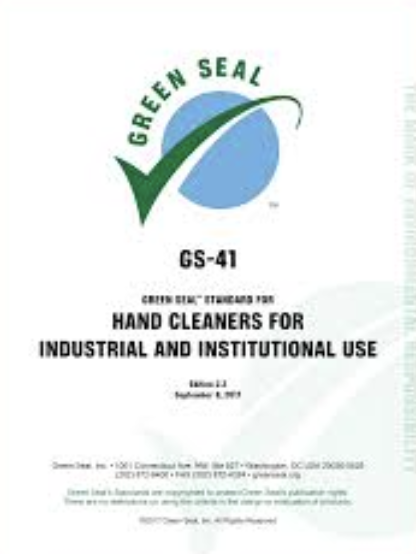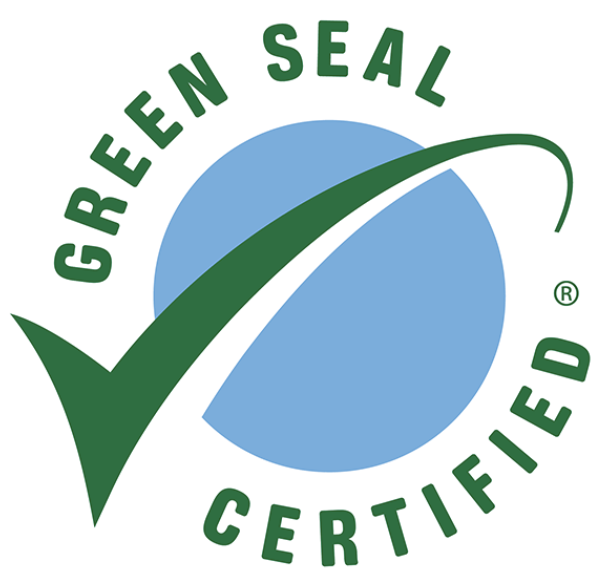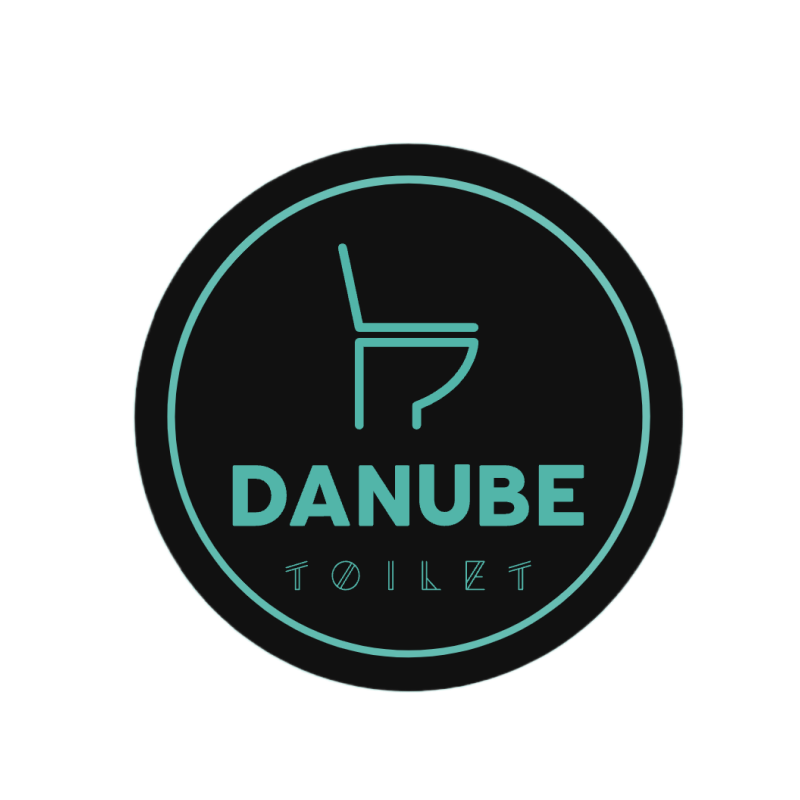As sustainability becomes a priority across industries, the bathroom sector is no exception. For manufacturers, architects, and procurement specialists looking to embrace eco-friendly solutions, Green Seal Certification serves as a crucial benchmark. It helps identify toilet products that not only meet high performance standards but also reduce environmental impact through water efficiency and sustainable manufacturing practices.
In this article, we will explore what Green Seal Certification is, why it matters in eco-friendly toilet products, and how it influences procurement decisions in bathroom and hotel projects worldwide.
What is Green Seal Certification?
Green Seal is a respected non-profit organization that evaluates products and services based on rigorous environmental standards. Established in 1989, Green Seal provides certifications that assure consumers and buyers of a product’s reduced environmental footprint, including factors like:

- Water efficiency
- Reduced pollutant emissions
- Sustainable materials usage
- Responsible manufacturing processes
For toilets, the Green Seal GS-41 standard specifically addresses water-saving performance and sustainable design criteria, promoting products that help conserve water resources without sacrificing functionality.
Why Green Seal Certification Matters for Toilets

1. Water Conservation
Toilets account for a significant percentage of indoor water use, often up to 30-40%. Green Seal certification ensures toilets use less water per flush while maintaining powerful performance, helping reduce water waste dramatically.
2. Reduced Environmental Impact
Beyond water savings, Green Seal looks at the entire product lifecycle. Certified toilets are made with materials and processes that lower greenhouse gas emissions and minimize pollution.
3. Health and Safety Assurance
Green Seal also addresses indoor air quality and the reduction of harmful chemicals in manufacturing. Certified products help create healthier bathroom environments, an important factor for hotels and commercial buildings.
4. Meeting Global Procurement Standards
For architects, hotel project managers, and procurement officers, Green Seal certification simplifies compliance with environmental regulations and green building certifications like LEED and WELL.
How Green Seal Certification Influences Product Selection
Comparative Table: Green Seal vs. Other Eco Certifications for Toilets
| Certification | Focus Area | Water Efficiency Requirement | Environmental Impact Scope | Recognition in Green Building Programs |
|---|---|---|---|---|
| Green Seal (GS-41) | Water efficiency + lifecycle | ≤ 1.28 gallons per flush | Comprehensive: materials, emissions, water | Widely accepted in US LEED, WELL, government |
| WaterSense (EPA) | Water efficiency | ≤ 1.28 gallons per flush | Focused mainly on water use | Highly recognized in US and North America |
| WELL Building Standard | Health + wellness + sustainability | Varies by product type | Focus on occupant health and sustainability | Global acceptance in health-focused buildings |
| EU Ecolabel | Environmental impact | Varies by country and product | Broad environmental criteria | Recognized primarily in EU markets |
Source: Green Seal, EPA, WELL, EU Ecolabel official documentation
Benefits of Choosing Green Seal Certified Toilets for Your Projects
- Lower Water Bills and Operating Costs
With efficient flushing technology, Green Seal toilets reduce water consumption, leading to significant cost savings over time. - Enhanced Marketability
Green-certified products appeal to environmentally conscious customers and can improve the branding of hotels, offices, or residential developments. - Regulatory Compliance and Incentives
Many jurisdictions offer rebates or incentives for installing certified water-efficient fixtures. - Support for Sustainable Building Certifications
Integrating Green Seal toilets can contribute valuable points towards LEED certification or WELL Health-Safety ratings.
Frequently Asked Questions (FAQ)
Q1: Is Green Seal certification recognized internationally?
While Green Seal is a US-based certification, many global green building programs recognize it or accept it as a credible standard for water efficiency and environmental performance.
Q2: How does Green Seal differ from WaterSense?
WaterSense focuses primarily on water efficiency and is an EPA program, whereas Green Seal covers broader environmental impacts including manufacturing, emissions, and materials.
Q3: Can hotels benefit from installing Green Seal certified toilets?
Absolutely. Hotels can reduce water costs, enhance sustainability credentials, and comply with growing demands for eco-friendly building practices.
Q4: Does Green Seal certification guarantee product quality?
Green Seal certification includes performance testing as part of its criteria, ensuring certified toilets meet functional and durability standards.
Conclusion
In today’s eco-conscious market, Green Seal Certification plays a vital role in guiding architects, builders, and procurement teams toward truly sustainable toilet products. It represents a holistic commitment to water conservation, environmental stewardship, and health, all of which are crucial in commercial and hospitality bathroom solutions.
For manufacturers and suppliers of ceramic toilets, smart toilets, and bathroom vanities, securing Green Seal certification can open doors to global markets that prioritize sustainability and performance.
If you are looking for a reliable partner to manufacture Green Seal certified or other eco-friendly sanitary ware products with OEM or ODM services, connecting with experienced factories can ensure your projects meet these growing standards efficiently.
